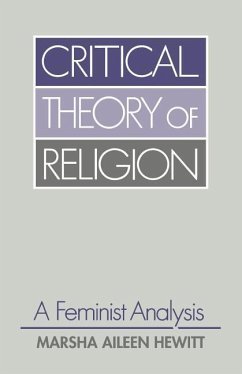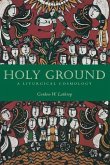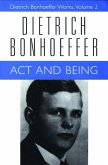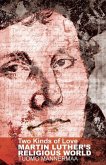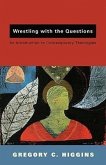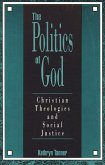Marsha Hewitt tests the insights - and oversights - of the so-called Frankfurt School, particularly of Max Horkheimer, Theodor Adorno, and Herbert Marcuse. In their dark diagnoses of late modernity, their critique of instrumental reason and domination, and their unwavering utopian espousal of justice and freedom, Hewitt shows, feminist theologians may find allies in their own project. Hewitt also shows how critical themes emerge in the work of Elisabeth Schussler Fiorenza, Mary Daly, and Rosemary Radford Ruether and how their work provides a starting point for a feminist critical theory of religion. Indeed, she argues, feminist theology may itself be the vehicle for critical correction to the Frankfurt School, for reassessing the transformative potential of Christianity, and for delivering on critical theory's emancipatory potential.
Hinweis: Dieser Artikel kann nur an eine deutsche Lieferadresse ausgeliefert werden.
Hinweis: Dieser Artikel kann nur an eine deutsche Lieferadresse ausgeliefert werden.

